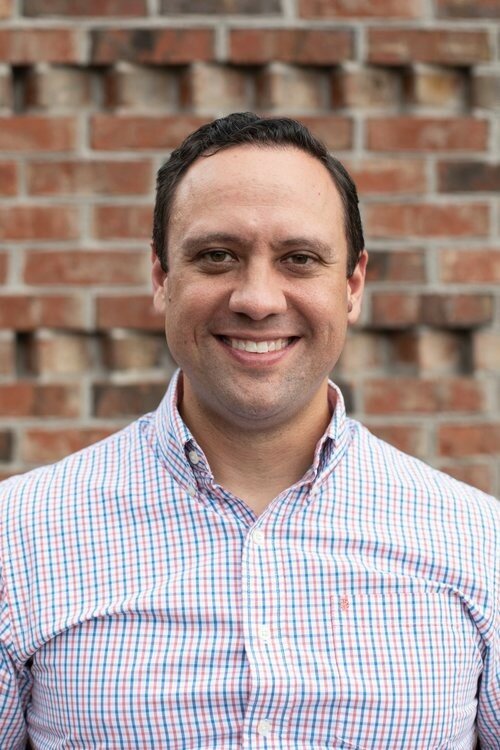Dooley Noted: The tragedy of suicide
It was a phone call that no pastor wants to receive. “My daughter committed suicide last night,” said the voice quivering on the other end of the line. “Please tell me,” he continued, “is it still possible that she is heaven?” All these years later I still remember both the pain and uncertainty in the voice of that grieving father. Tragically, I’ve gotten numerous other calls like his since that day. Each time, my heart breaks for devastated family members forced to grapple with the shock that a loved one has chosen to end his/her life.
But how should we answer this dad’s question? What happens to those who take their lives? Is suicide unforgivable? How can people repent if their dying act is sinful? Can a person go to heaven after such a damaging act? Serious questions like these require careful theological reflection and precision. Before attempting to answer though, I want to encourage any families who might be hurting in the wake of suicide’s damage. Do not blame yourself for the actions of a loved one. Your healing and emotional health is more important than understanding the actions of another person, no matter how painful they might be.
Because every human being is made in the image of God (Gen. 1:26-27), suicide is a form of murder and, therefore, sinful (Exodus 20:13). Yet, as with other forms of temptation, we should not assume that Christians cannot be vulnerable to this transgression. In a fit of depression Solomon declared that he hated life (Ecc. 2:17). Elijah begged God to take his life as he ran from Jezebel (1 Kings 19:4). Jonah concluded that death was better than life as he pouted outside of Nineveh (Jonah 4:3). Perhaps the greatest example of despair, though, is the Old Testament character Job who, because of tremendous hardship, said,
“Why is light given to him who suffers,
And life to the bitter of soul,
Who long for death, but there is none,
And dig for it more than for hidden treasures,
Who rejoice greatly,
And exult when they find the grave (Job 3:20-22)?”
Though all people wrestle with feelings like these from time-to-time, suicide is never an acceptable option for dealing with our trauma.
But what about all the questions that arise when the worst-case scenario becomes a reality? Admittedly, it is impossible to repent of self-harm while simultaneously carrying out a plan to end your life. The decision to do so is sinful, but it is not an unforgivable sin. The guarantee of our eternal forgiveness is not in our ability to confess every single shortcoming we commit, but the giving of the Holy Spirit as a pledge of eternal life to every person who believe the gospel instead (Eph. 1:13-14).
Furthermore, we should remember that Jesus cancelled the debt for all our sins (past, present, and future) by nailing them to His cross (Col. 2:14). We tend to have more confidence in God’s forgiveness for our past offenses and less assurance regarding our future iniquities. In our panic we forget that ALL our failures were in the future in relation to the sacrifice of God’s Son. Jesus died for sins that we had yet to commit and yet, He successfully paid for each one. Even something as egregious as suicide cannot separate us from the love of God that is found in Christ Jesus our Lord (Rom. 8:38-39).
In recent years a growing awareness of mental illness and its link to suicide is lifting the stigma of being diagnosed and treated for these disorders. If you are contemplating life and death, there is no shame in seeking help. Remember that God is working even your harshest circumstances together for your good (Rom. 8:28). The Lord loves you and desires to come to your aid (Psa. 34:18). Talking to someone about your anxiety is the first step toward overcoming it. Simply call or text 988 to the Suicide and Crisis Lifeline if you are struggling.
Dr Adam B. Dooley is pastor of Englewood Baptist Church in Jackson, TN, and author of Hope When Life Unravels. Contact him at adooley@ebcjackson.org. Follow him on Twitter @AdamBDooley.






